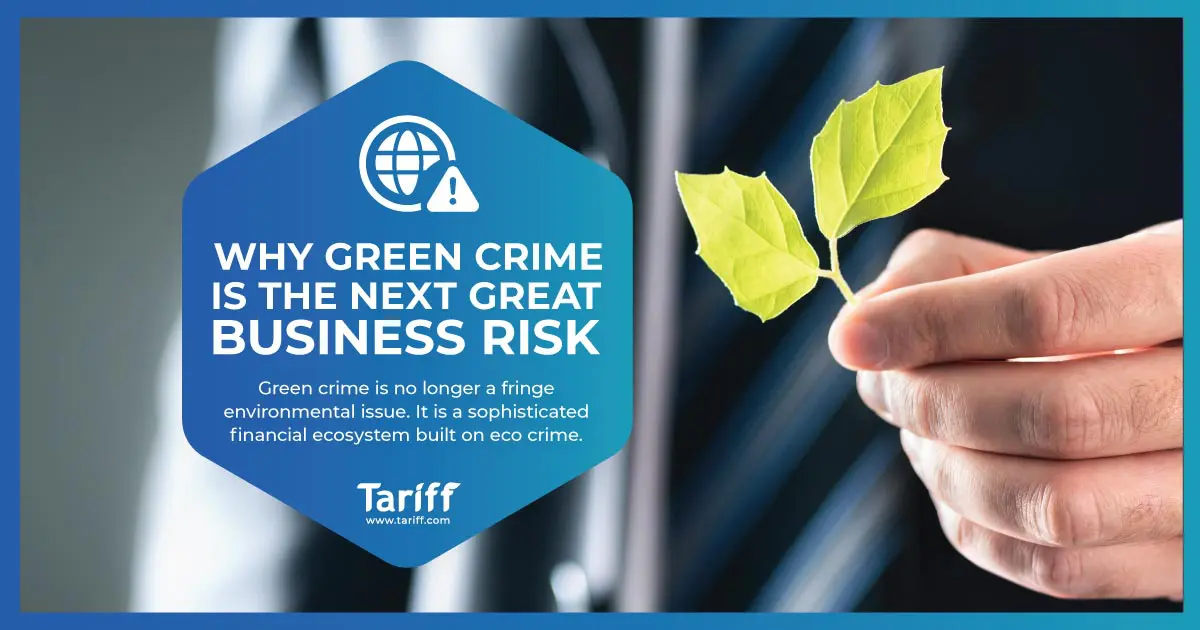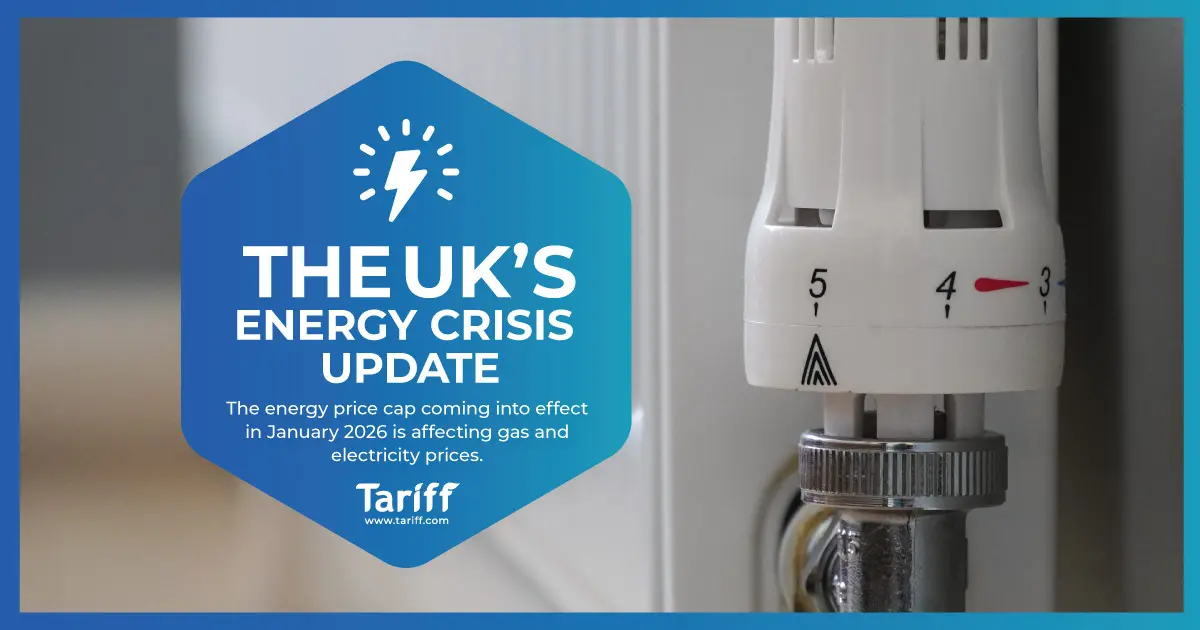Top 10 Green Business Certifications in the UK
As businesses worldwide face increasing pressure to address climate change and environmental concerns, embracing sustainability is no longer just a choice, it’s a necessity.
In the UK, a growing number of forward-thinking businesses are recognising that improving their ESG (Environmental, Social, and Governance) and net-zero credentials is a powerful way to enhance their reputation, attract customers, and secure a competitive edge.
The question for many business owners is, “How do we prove our commitment?” The answer lies in sustainable business certifications.
In this guide, will walk you through the UK’s top green business certifications. We’ll explore why they matter, how to choose the right one for your company, and what the application process looks like.
Why Do Green Business Certifications Matter?
In a crowded market, simply saying your business is “green” isn’t enough. Customers, investors, and partners want proof. Green business certifications provide this third-party validation, demonstrating a genuine and verifiable commitment to environmental responsibility. They offer numerous benefits:
Enhanced Reputation: Certifications build trust and credibility, showing stakeholders that your business is serious about sustainability in business.
Competitive Advantage: Certified companies often stand out from the competition, appealing to the growing consumer base that prioritises ethical and sustainable brands.
Improved Efficiency: The certification process often involves a deep dive into operational practices, which can uncover opportunities for cost savings through reduced waste and energy consumption.
Access to New Markets: Many government contracts and large corporations now require suppliers to hold specific environmental certifications, opening up new business opportunities.
Employee Engagement: A strong commitment to environmental values can attract and retain top talent, as modern employees are often motivated by purpose-driven work.
Certifications are a crucial part of becoming a truly green business, providing a clear roadmap for improvement and a recognized symbol of achievement.
The Rise of the Sustainable Business and What is Green Business?
The concept of a sustainable business has moved from the fringes to the mainstream. A green business is one that operates in a way that minimises its negative impact on the environment, society, and the economy, while also striving to create a positive impact. This involves everything from using renewable energy to sourcing materials responsibly and implementing ethical labour practices.
For UK businesses aiming for net-zero, certifications are a vital tool. They provide the frameworks and measurement systems needed to track emissions, set reduction targets, and ultimately achieve carbon neutrality.
Top 10 Green Business Certifications in the UK
Here are ten of the most respected and impactful green certifications for UK businesses, covering a range of industries and sizes.
1. B Corp Certification
What it is: B Corp is a global movement of businesses meeting high standards of verified performance, accountability, and transparency on factors from employee benefits and charitable giving to supply chain practices and input materials.
Why it’s great: It’s one of the most comprehensive and well-known certifications, covering your entire business operations. It’s perfect for businesses wanting to demonstrate a holistic commitment to social and environmental responsibility.
How to get it: The process involves a rigorous B Impact Assessment, a disclosure questionnaire, and an independent review. It’s challenging but highly rewarding. You can start the process on the B Corp UK website.
2. ISO 14001: Environmental Management Systems
What it is: ISO 14001 is an internationally recognised standard for environmental management systems (EMS). It provides a framework for businesses to manage their environmental responsibilities, including resource usage, waste management, and pollution control.
Why it’s great: It’s widely recognised and respected globally. It’s a great starting point for businesses of all sizes to systematically improve their environmental performance.
How to get it: Businesses must implement an EMS that meets the standard’s requirements, followed by an audit from an accredited certification body. More information can be found on the International Organisation for Standardisation website.
3. Planet Mark
What it is: Planet Mark is a certification that recognises a company’s commitment to measuring and reducing its carbon emissions and social impact. It’s a great way to start your net-zero journey.
Why it’s great: The certification is supported by a community of like-minded businesses and provides a clear, actionable pathway to reducing your carbon footprint.
How to get it: Businesses work with Planet Mark to measure their carbon footprint, commit to a 5% year-on-year reduction, and engage their staff in the process.
4. The Queen’s Awards for Enterprise (Sustainable Development)
What it is: This is a prestigious UK award, not a certification, but it’s a powerful endorsement for businesses that demonstrate outstanding sustainable development practices.
Why it’s great: It is the highest official UK award for British businesses and provides unparalleled recognition and prestige.
How to get it: The application is rigorous and focuses on a company’s achievements in environmental, social, and economic sustainability over the past five years. You can find details on the gov.uk website.
5. Carbon Trust Standard
What it is: The Carbon Trust Standard provides independent verification of an organisation’s carbon, water, and waste footprints. It demonstrates a commitment to measuring, managing, and reducing environmental impact.
Why it’s great: It’s a highly respected standard for carbon management and is often a prerequisite for doing business with major UK companies.
How to get it: Businesses undergo an independent assessment to verify their environmental data and reduction efforts.
6. The Living Wage Foundation
What it is: While not strictly an environmental certification, this is a core part of the “S” in ESG. It recognizes employers who voluntarily pay their employees the real Living Wage, which is based on the cost of living.
Why it’s great: It demonstrates a strong commitment to social responsibility, which is integral to a holistic sustainable business model.
How to get it: Businesses apply online, providing evidence that all employees and contracted staff are paid at or above the Living Wage rate. Find out more at the Living Wage Foundation.
7. Fairtrade Certification
What it is: A product-based certification that ensures producers in developing countries receive a fair price for their goods. It’s a key part of ethical and green business practices, especially for companies in food and consumer goods.
Why it’s great: It’s a widely recognised label that gives consumers confidence in a product’s ethical sourcing.
How to get it: This is a product-based certification where a business must be part of the supply chain of a Fairtrade-certified product. The process is managed by the Fairtrade Foundation.
8. Certified Sustainable Seafood (Marine Stewardship Council – MSC)
What it is: A certification for seafood products that are sourced from sustainable fisheries.
Why it’s great: It’s crucial for restaurants, retailers, and food companies that want to demonstrate their commitment to marine conservation.
How to get it: Fisheries, processors, and retailers must be certified to the MSC’s standards. The MSC provides a detailed guide on its website.
9. Organic Certification (Soil Association)
What it is: The Soil Association is a leading UK body for organic certification, ensuring food, textiles, and other products are produced to strict organic standards.
Why it’s great: It’s a highly trusted and recognised organic label in the UK, signifying a commitment to environmental and animal welfare.
How to get it: Businesses must meet the Soil Association’s standards for their specific industry and undergo regular inspections.
10. PAS 2060: Specification for the demonstration of carbon neutrality
What it is: PAS 2060 is a globally recognised standard for achieving and demonstrating carbon neutrality. It provides a robust framework for quantifying, reducing, and offsetting carbon emissions.
Why it’s great: It offers a clear, auditable path to becoming carbon neutral, giving businesses and their stakeholders confidence in their claims.
How to get it: Businesses must develop a Carbon Neutrality Management Plan, measure their footprint, implement a reduction strategy, and offset any remaining emissions.
Choosing the Right Certification for Your Business
With so many options, how do you decide which one is right for your company? Consider these factors:
Your Industry and Size: A small retailer may find B Corp or Planet Mark more suitable, while a large manufacturer might benefit from the global recognition of ISO 14001.
Your Goals: Are you primarily focused on reducing your carbon footprint (Carbon Trust Standard), improving your social impact (Living Wage Foundation), or both (B Corp)?
Your Customers: Who are your target customers? If they are environmentally conscious consumers, a well-known certification like B Corp or Fairtrade will resonate more.
Cost and Resources: Some certifications are more expensive and resource-intensive than others. Evaluate the costs and the time commitment required before you begin.
The Application Process and What to Expect
While each certification has its own specific steps, the general process typically involves:
Preparation: Research the certification’s requirements and gather the necessary data, such as your energy consumption, waste figures, and supply chain information. This is where an energy partner like Tariff.com can be invaluable in helping you track and reduce your environmental impact.
Application and Assessment: Submit your application and documentation. An independent third-party auditor will then assess your business against the certification’s standards.
Implementation: You may need to make changes to your business operations to meet the standards. This could involve updating policies, changing suppliers, or investing in new technology.
Verification and Certification: Once you’ve met all the requirements, the certification body will issue your certificate.
Ongoing Maintenance: Most certifications require annual reassessments or ongoing reporting to ensure you maintain the standards.
Tariff Is Here To Help
The journey to becoming a certified green business may seem daunting, but it is an incredibly rewarding one, building trust, attracting customers, and securing a sustainable future.
As you navigate this path, remember that a fundamental step in achieving many of these certifications, from measuring your carbon footprint for Planet Mark to demonstrating sustainable practices for B Corp, is managing your energy usage.
This is where Tariff.com becomes your essential partner. We specialise in helping businesses find and switch to green, sustainable energy tariffs, simplifying a crucial part of your environmental strategy. By choosing a greener energy provider through us, you’re not just reducing your carbon footprint; you’re taking a tangible, verifiable step toward earning your certification, improving your ESG credentials, and demonstrating a genuine commitment to a greener planet.
Let us help you power your sustainability journey today.


